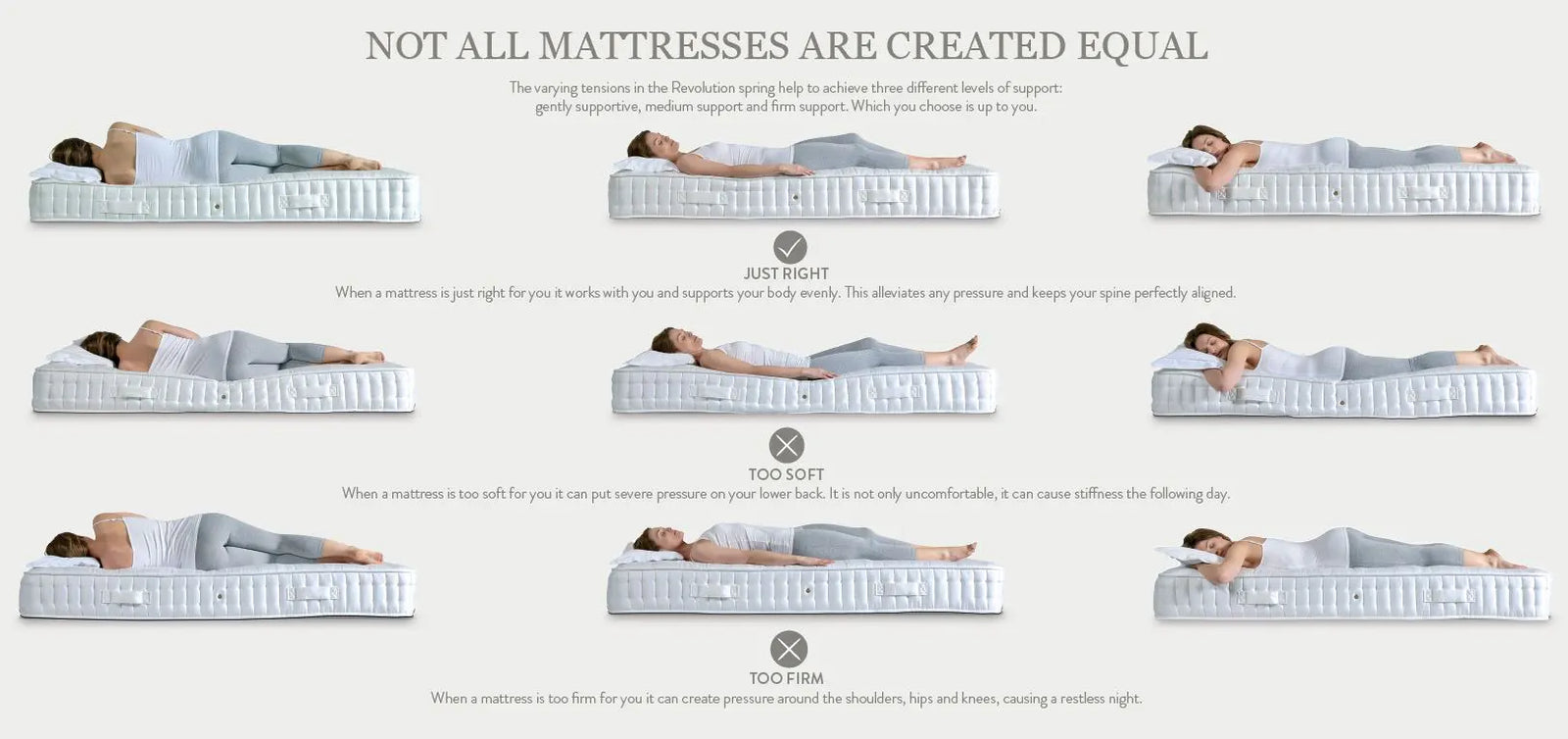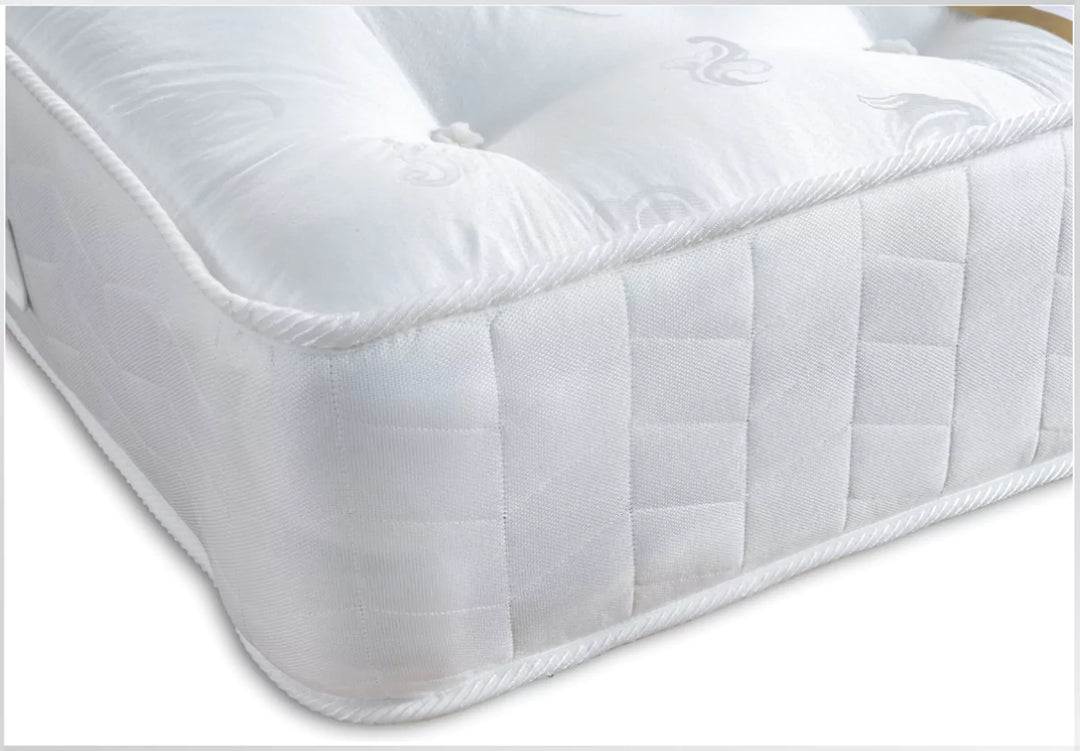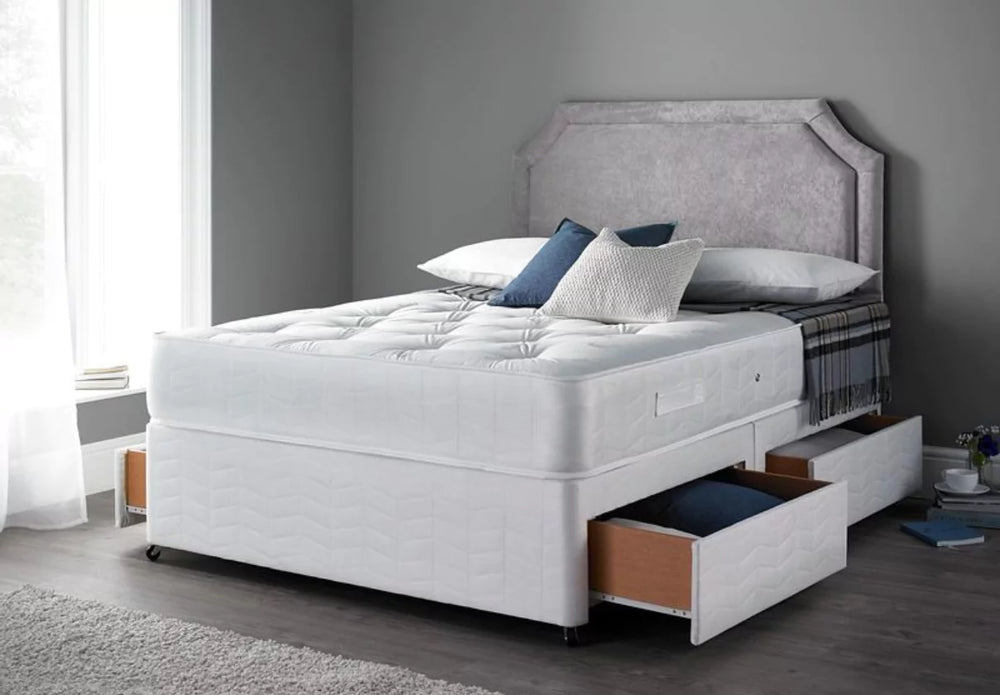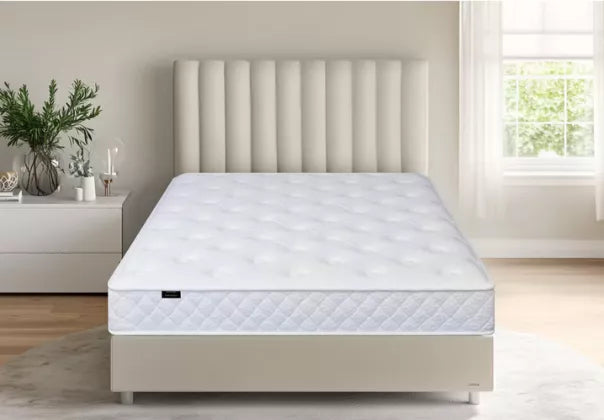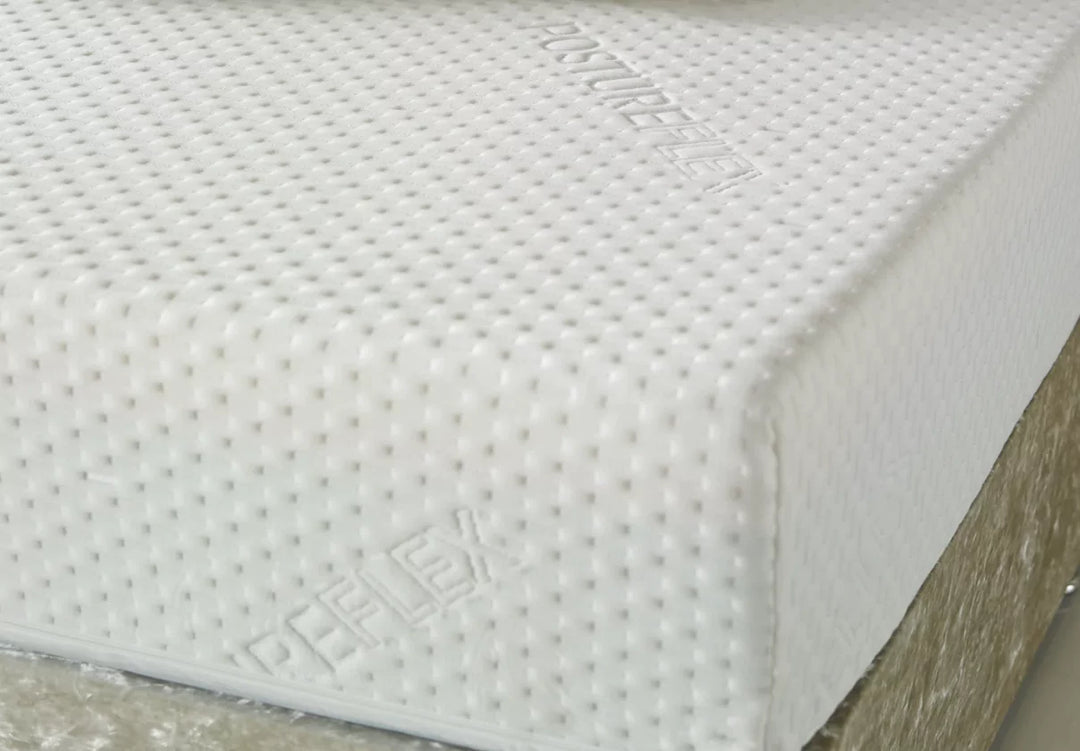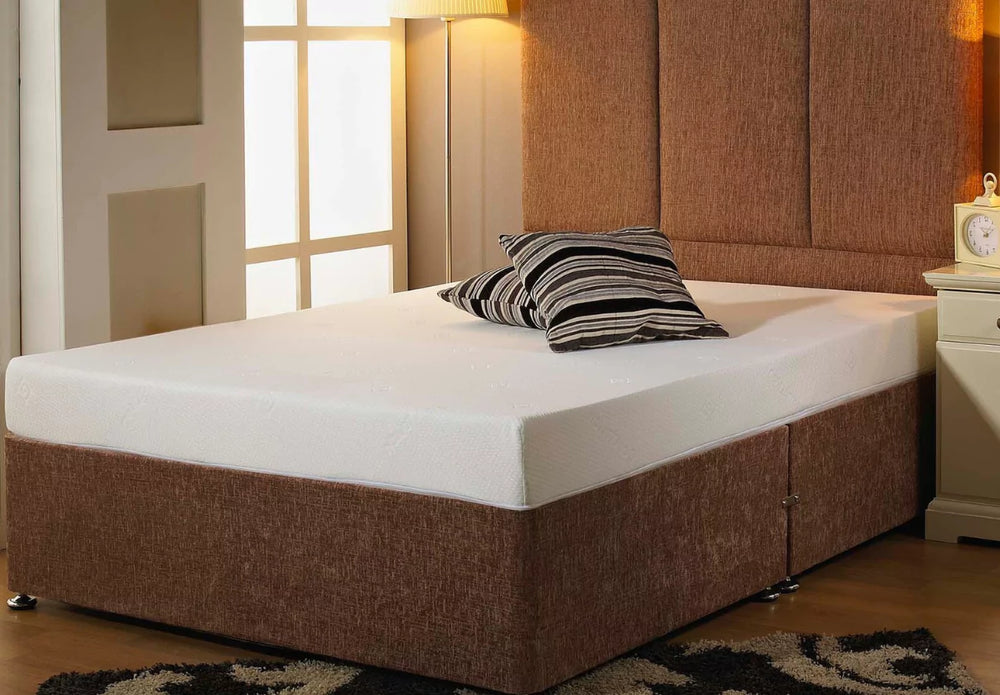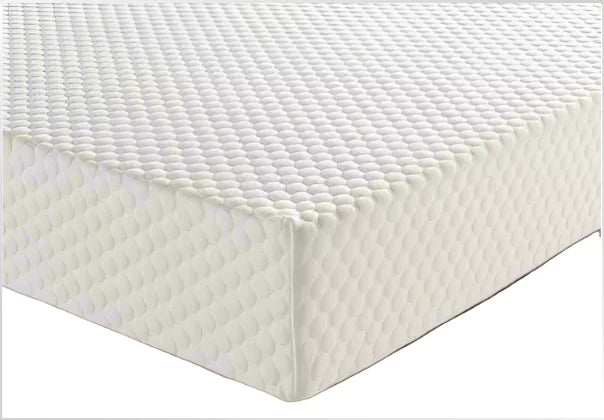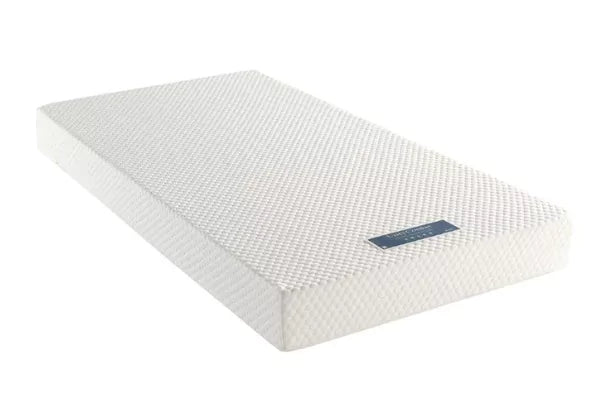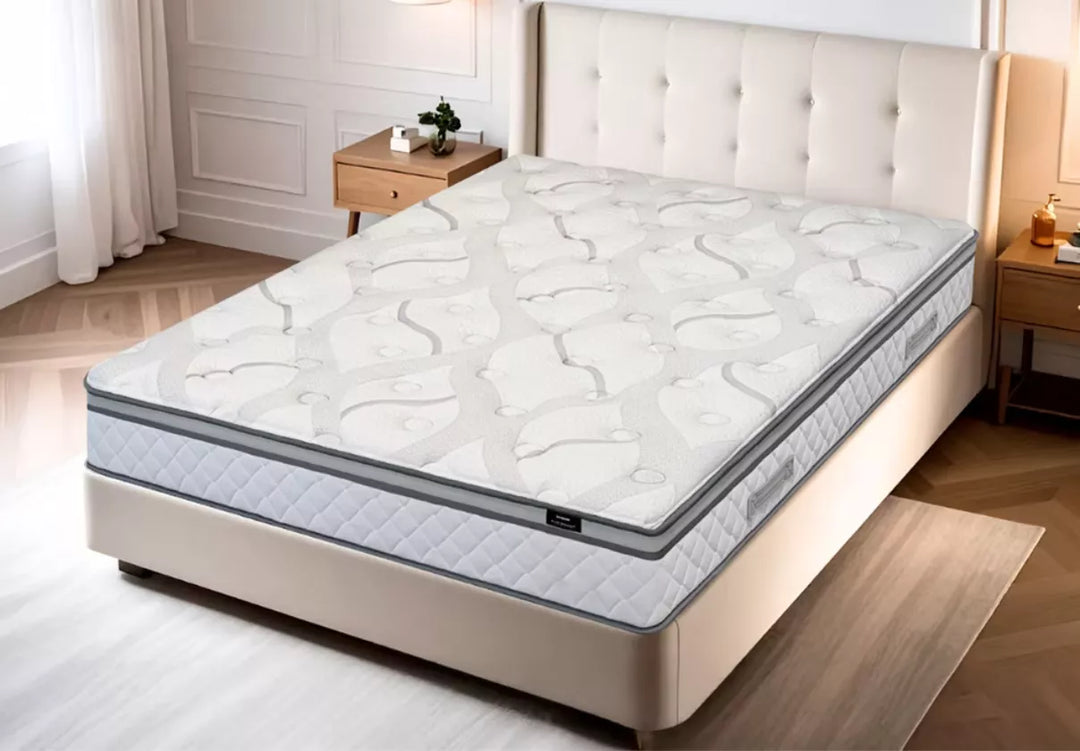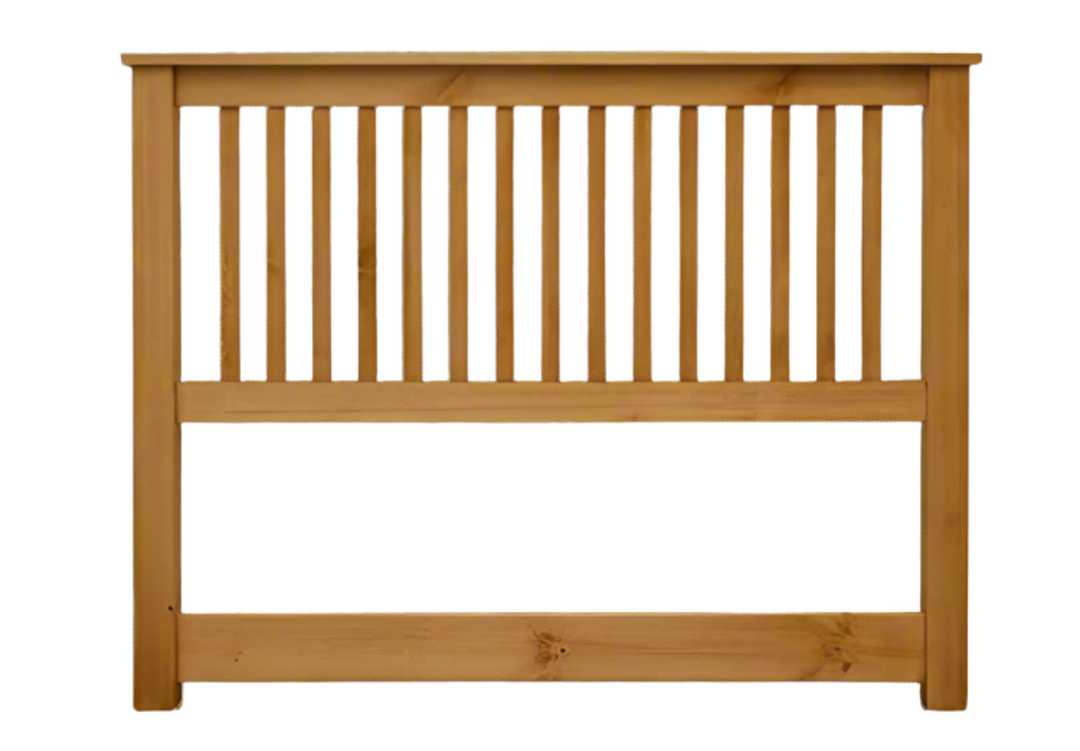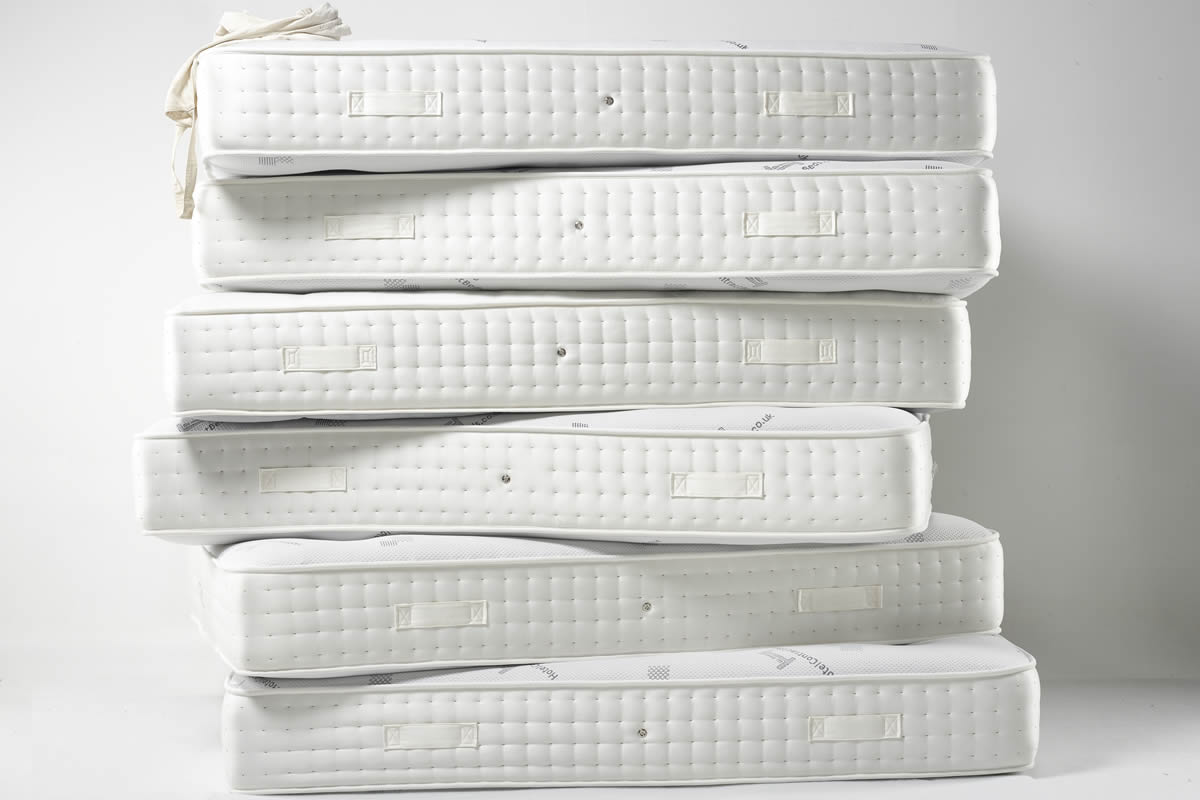
Medium-Firm Mattress Buying Guide
Perfect balance of support & comfort for better sleep
What is a Medium-Firm Mattress?
A medium-firm mattress offers a balanced feel between support and comfort, typically rated around 6-7 out of 10 on the firmness scale. It provides enough support to keep your spine aligned while offering cushioning to relieve pressure points. Ideal for most sleep positions, it’s a popular choice for those who want a supportive yet comfortable sleep surface.
Who should sleep on a medium-firm mattress?
A medium-firm mattress is versatile and suits a variety of sleeping positions:Back Sleepers – Provides excellent spinal alignment and lumbar support.
Side Sleepers – Offers enough cushioning to relieve pressure on shoulders and hips while maintaining support.
Combination Sleepers – Balances comfort and responsiveness, making movement easy.
Front Sleepers – Can work if the mattress has slight contouring to prevent lower back strain.
Overall, a medium-firm mattress is ideal for those seeking a mix of support and comfort across different sleep positions.
What are the benefits of a medium-firm mattress?
A medium-firm mattress offers multiple benefits, including improved spinal alignment, reduced pressure points, and a comfortable sleep surface for various sleeping positions. It helps to relieve back and joint pain by providing balanced support and cushioning, making it an excellent choice for most people.Is a medium-firm mattress good for back pain?
Yes, a medium-firm mattress can be great for back pain. It provides adequate support to keep the spine in a neutral position while still offering enough softness to relieve pressure on the lower back. This makes it a popular choice for individuals dealing with chronic back pain or stiffness.What sleeping positions work best with a medium-firm mattress?
A medium-firm mattress is versatile and works well for back, side, and combination sleepers. Back sleepers benefit from spinal alignment, while side sleepers enjoy pressure relief for the shoulders and hips. Combination sleepers appreciate the balance of comfort and support that adapts to different positions throughout the night.What materials are used in medium-firm mattresses?
Medium-firm mattresses are made from various materials, including memory foam, innerspring coils, latex, and hybrid combinations of foam and coils. Memory foam contours to the body for pressure relief, while innerspring coils offer durability and support. Hybrid options provide the best of both worlds.How does a medium-firm mattress compare to a firm or soft mattress?
A medium-firm mattress falls between firm and soft mattresses in terms of support and comfort. While a firm mattress offers more support and less cushioning, a medium-firm mattress provides a more balanced feel, offering support without being too hard. A soft mattress, on the other hand, offers more cushioning but may lack the necessary support for proper spine alignment.Is a medium-firm mattress suitable for side sleepers?
Yes, a medium-firm mattress is generally suitable for side sleepers. It provides enough cushioning to relieve pressure on the shoulders and hips while still offering the support needed for proper spinal alignment. A mattress that is too firm may cause discomfort for side sleepers, making medium-firm a good middle ground.Can couples sleep comfortably on a medium-firm mattress?
Couples can sleep comfortably on a medium-firm mattress, as it provides a balance of support and comfort for both individuals. It’s also less likely to cause motion transfer compared to softer mattresses, ensuring that one partner’s movements don’t disturb the other. A hybrid mattress with pocketed coils can further enhance this benefit.